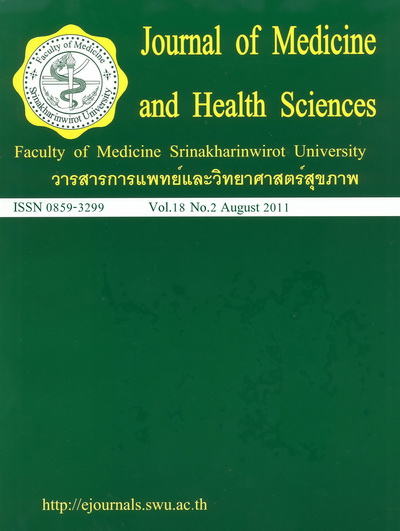The role of socio-economic factors responsible for non-compliance of directly observed treatment short-course among tuberculosis patients
Keywords:
Tuberculosis, non-Compliance, adherence, DOTS, treatment outcome.Abstract
Introduction: Tuberculosis has gone out of control in many parts of world. The therapeutic regimens given under direct observation as recommended by world Health Organization have been shown to be highly effective for both preventing and treating tuberculosis but poor compliance to anti-tuberculosis medication (ATT) is a major barrier to its global controls. Objectives: The role of socio-economic factors responsible for non-compliance of directly observed treatment short-course (DOTS) among Tuberculosis Patients. Materials and Methods: Cross sectional study, interviewed using a set of questionnaire. Participants were enrolled at DOTS centre of Lala Ram Sarup Institute of tuberculosis and Respiratory disease New Delhi, India. Patients who interrupted treatment for more than 2 months consecutively were classified as non-compliance cases. T-test was used for comparing the means of the control and case groups. Results: Majority of study population (45%) was in age group of 31 -45 years, which is the productive age. 85 % noncompliant patients believed anti TB drugs to be bad and 15 % accepted as good for them. Similarly 87 % believed to stop ATT very prematurely as soon as symptoms disappear while 13 % believed to continue as per DOTS volunteer advice. The study revealed that the non-compliance of DOTS was significantly high among those who were less educated, unskilled worker, low family income and upper lower class family. Conclusion: In Delhi region, the treatment of Tuberculosis was good and did not have much involvement of socio-economical role in the non-compliance of treatment. But still major hurdle is the inadequate education, occupation, and income.Downloads
How to Cite
1.
Ansari MS, Khayyam KU, Sharma M, Imam F, Behera D. The role of socio-economic factors responsible for non-compliance of directly observed treatment short-course among tuberculosis patients. J Med Health Sci [internet]. 2011 Jun. 13 [cited 2026 Feb. 25];18(2):78-86. available from: https://he01.tci-thaijo.org/index.php/jmhs/article/view/59745
Issue
Section
Original article (บทความวิจัย)



